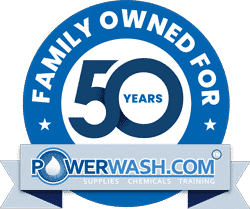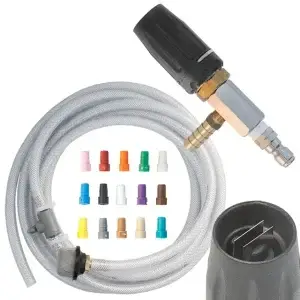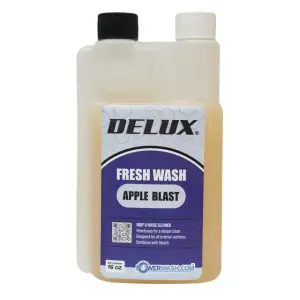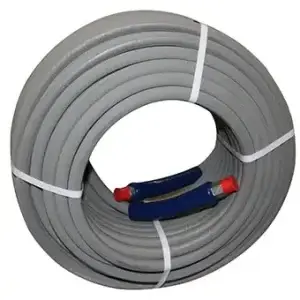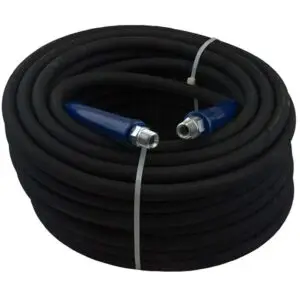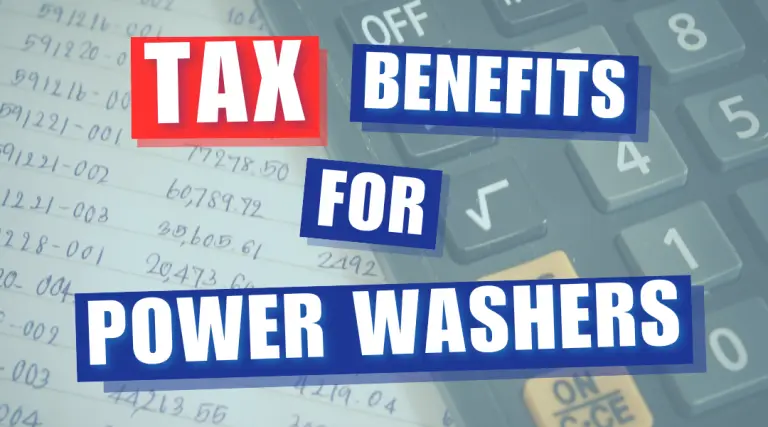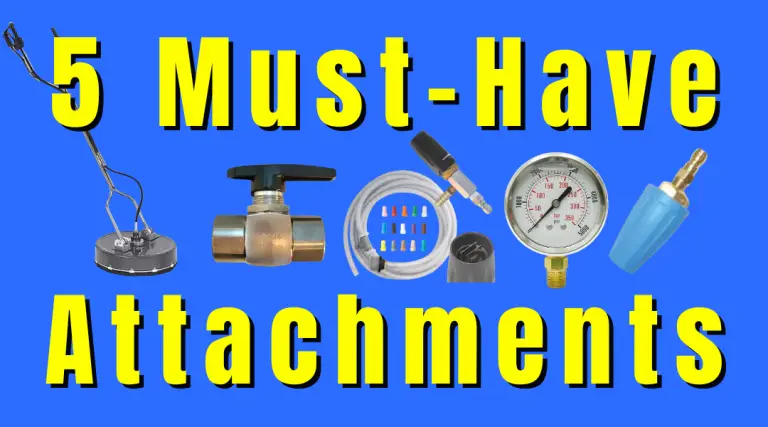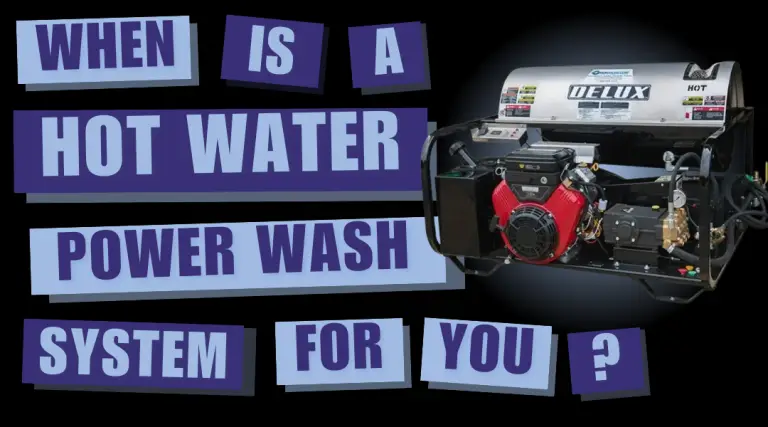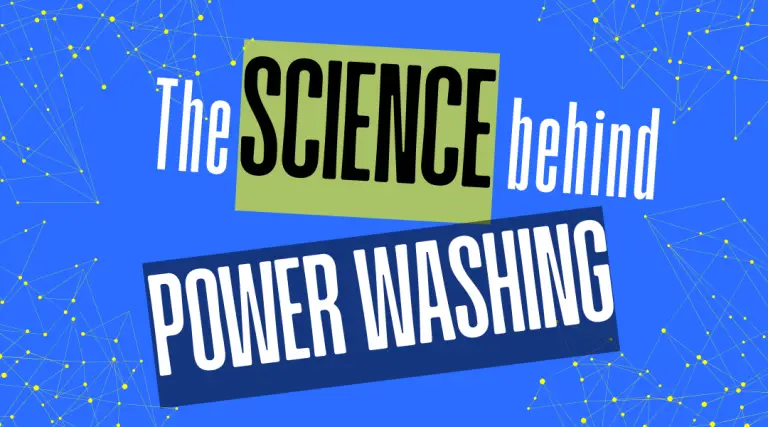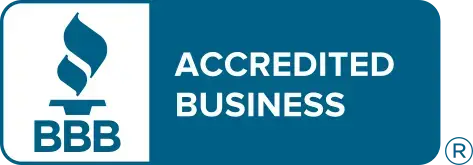- Home
- /
- PowerWash Industry
- /
- Grow Your Business with Co-Employment
Subscribe To Our Newsletter
Stay in the know on the latest products, deals, events, tips & tricks.
Social Media
Popular Products
Grow Your Business with Co-Employment
Growing a company includes hiring employees but most small companies find it difficult to make that transition. Adding employees increases daunting paperwork for payroll, taxes, insurance and benefits. Most job seekers who are dependable and enthusiastic need more than a paycheck: they need a full benefits package to ensure they can afford to work for you. Small companies end up feeling burdened, both financially and administratively, by the expanded human resource-type work growth brings, which defeats the purpose of hiring in the first place.
Co-employment companies remove the roadblocks of adding staff by handing all of the HR duties your company needs on your behalf. The National Association of Professional Employer Organizations (NAPEO) defines “co-employment” as “the contractual allocation and sharing of employer responsibilities between a professional employer organization (PEO) and its client.” You do all the hiring and training while the PEO takes care of the HR responsibilities.
This arrangement is different from employee leasing because you have permanent staff you hire yourself. With leasing, a temporary staffing service sends you their employees, regardless of ability or interest in the industry. You take the time to train someone in pressure washing or soft washing only to have to train a new person the next day. When looking to build on your business, this kind of transiency doesn’t work.
Co-employment means you share employment duties with a PEO. You hire, train, schedule, and generally manage your staff on a daily basis: the kinds of tasks that will expand your business and increase profits. A PEO manages the areas you don’t have time or structures to deal with; personnel-related functions like providing health benefits, paying wages, managing employment tax responsibilities, workers compensation needs and the like. Because the PEO is managing many other companies’ workforces at the same time, they can offer better packages than a small business can by negotiating with insurance and workers comp companies. They also have the management systems in place that would take days for you to organize on your own, like payroll administration.
While it might seem like you lose control over you employees, the exact opposite is true. Because you are not bogged down by HR needs, you have time to manage your team the way you want. Employees prefer a PEO because they receive better overall benefits. They are not part-time employees or contractors with a PEO involved. An existing HR department is supported by the expertise of a co-employment relationship rather than being replaced by it.
PEOs often require a minimum number of employees, anywhere from three to ten. They generally charge by adding a percentage onto payroll, not including basic company overhead costs like FICA, Medicare and unemployment insurance withholding. Some rates might be steep but PEOs can bring down rates in other areas like workers comp, saving you money. Shop around for the best rates and abilities. Look for a company that has been in business a while to ensure they stay in business as they handle your company.
Professional employment organizations are an excellent solution to growing your company without having to be an expert in human resources, giving you the freedom to do what you do best: provide your customers with excellent pressure washing services.
Share This Post
More To Explore
Tax Benefits For Power Washing Professionals
Navigating the complexities of tax planning can be a daunting task for power washing professionals, yet it’s a crucial aspect …
Top 5 Must-Have Attachments to Elevate Your Power Washing Efficiency and Precision
Attachments for power washing systems are essential tools that significantly enhance the effectiveness, speed, and precision of professional cleaning jobs. …
When Should You Get A Hot Water Power Wash Machine?
When a Hot Water Power Washing System is Your Best Choice When deciding between a hot water power washing machine …
The Science Behing Power Washing
The Science Behind Effective Power Washing The science behind power washing is a balance of pressure, water, and chemical solutions …
